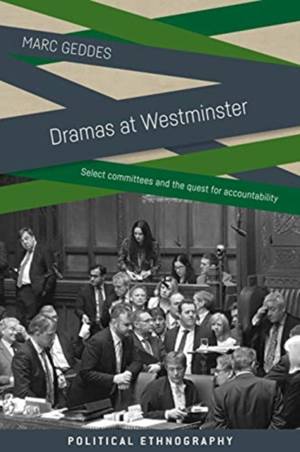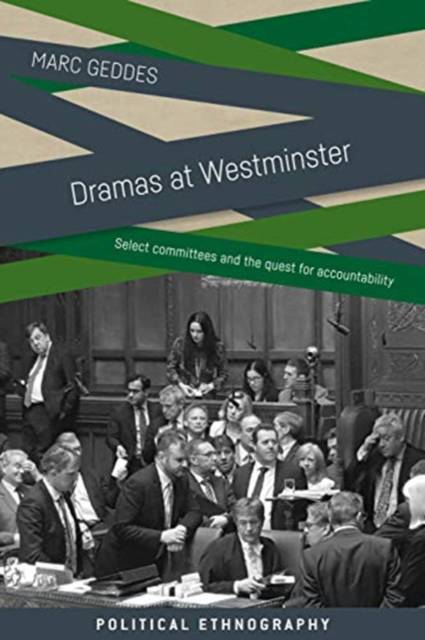
- Afhalen na 1 uur in een winkel met voorraad
- Gratis thuislevering in België vanaf € 30
- Ruim aanbod met 7 miljoen producten
- Afhalen na 1 uur in een winkel met voorraad
- Gratis thuislevering in België vanaf € 30
- Ruim aanbod met 7 miljoen producten
Zoeken
€ 61,45
+ 122 punten
Uitvoering
Omschrijving
Drawing on three months of research in Westminster, and over forty-five interviews, this book focuses on the everyday practices of Members of Parliament and officials to reveal how parliamentarians perform their scrutiny roles. Some MPs become specialists while others act as lone wolves; some are there to try to defend their party while others want to learn about policy. Amongst these different styles, chairs of committees have to try to reconcile these interpretations and either act as committee-orientated catalysts or attempt to impose order as leadership-orientated chieftains. All of this pushes and pulls scrutiny in competing directions, and tells us that accountability depends on individual beliefs, everyday practices and the negotiation of dilemmas. In this way, MPs and officials create a drama or spectacle of accountability and use their performance on the parliamentary stage to hold government to account.
Specificaties
Betrokkenen
- Auteur(s):
- Uitgeverij:
Inhoud
- Aantal bladzijden:
- 192
- Taal:
- Engels
- Reeks:
Eigenschappen
- Productcode (EAN):
- 9781526160423
- Verschijningsdatum:
- 28/09/2021
- Uitvoering:
- Paperback
- Formaat:
- Trade paperback (VS)
- Afmetingen:
- 156 mm x 234 mm
- Gewicht:
- 276 g

Alleen bij Standaard Boekhandel
+ 122 punten op je klantenkaart van Standaard Boekhandel
Beoordelingen
We publiceren alleen reviews die voldoen aan de voorwaarden voor reviews. Bekijk onze voorwaarden voor reviews.











